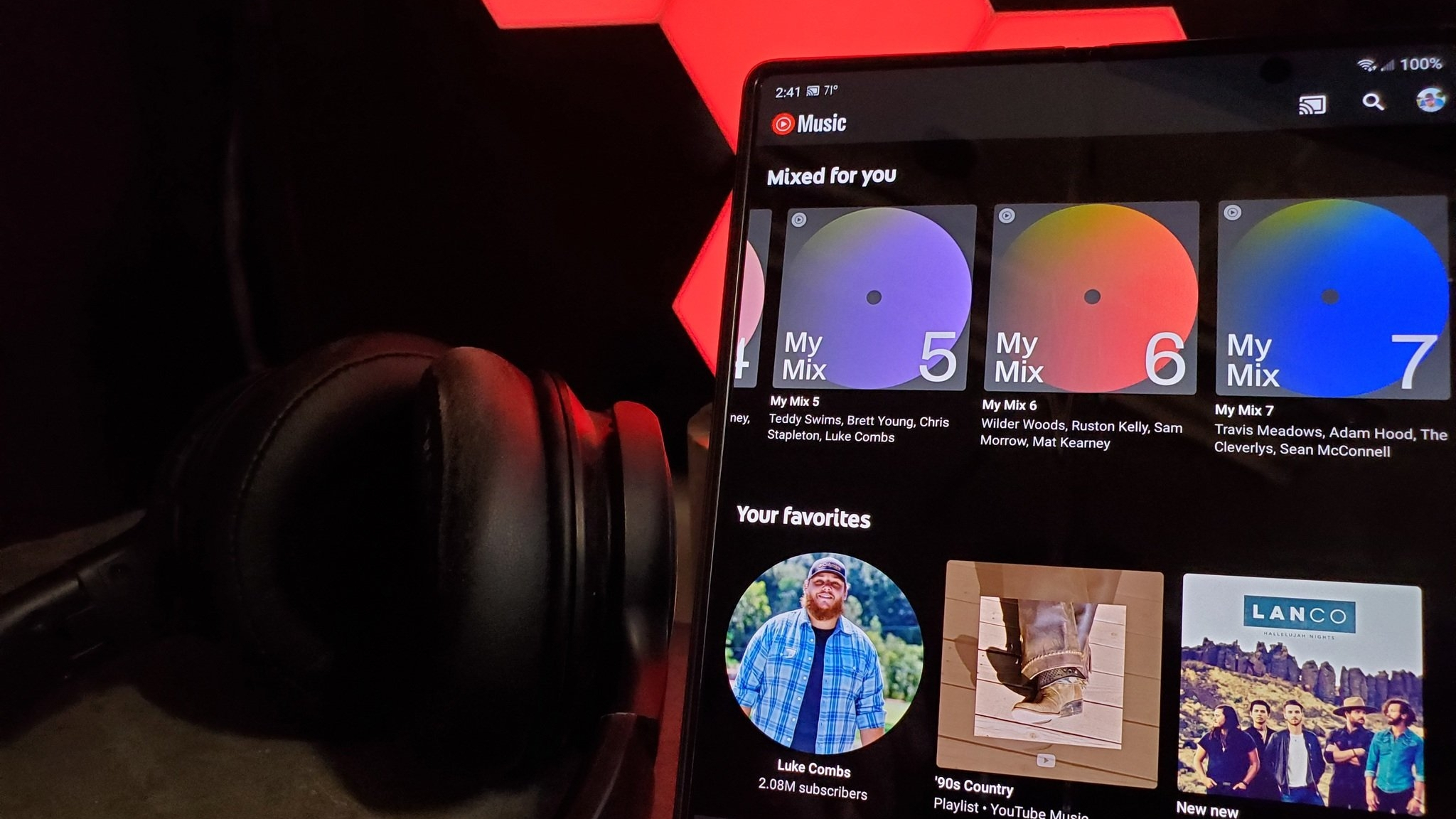No, the Huawei P40 Pro will not have a graphene battery

What you need to know
- Huawei France tweeted that the P40 Pro would have a graphene battery.
- Huawei Frane has since pulled the tweet and issued an apology, stating that this was merely a rumor, not a fact.
- Graphene batteries will provide larger capacity, faster charging, and longer life, but aren't ready for mass-production just yet.
When searching for your next great smartphone, it's not likely that you've paid too much attention to the type of battery the phone uses. Rather, most folks who look at battery specs specifically pay attention to the size of the battery. That all will change as graphene batteries are slowly introduced into the world of smartphones, but it turns out that Huawei France jumped the gun on its expectations of exactly when we'll see graphene batteries inside those water-resistant glass-and-metal shells.
Turns out that a tweet sent out by Huawei France a few days back sparked quite the controversy, as it cited that the Huawei P40 would include a futuristic graphene battery inside. The tweet has since been deleted and Huawei France issued an apology for the miscommunication. While graphene batteries do exist in some form on the market, they simply aren't ready for the mass production that smartphones require. But that doesn't mean there hasn't been any innovation in batteries over the past decade.
Best tips for extending the life of your phone's battery
The Lithium-Ion (Li-Ion) or Lithium-Polymer (Li-Po) batteries in your smartphones all work a little differently and have their own strengths and weaknesses. While Li-Ion batteries can store more energy in the same physical size package, they're a little less stable than Li-Po batteries and aren't as flexible, either. Sometimes, manufacturers don't even use normal batteries to store energy. Case in point, the Galaxy Note 9 and Note 10, which use a Super Capacitor in the S-Pen to charge in a mere 40 seconds and offer about half an hour's worth of battery life.
Graphene takes many of the best qualities of every tech mentioned here and puts them into one package. Graphene batteries are denser than their lithium counterparts and can store a lot more energy inside (read: multi-day battery life for phones), can charge extremely quickly, and can even hold that charge for a longer time without degrading, meaning you won't have to replace the battery inside your phone if you decide to keep it for longer than two years. So, while your new 2020 smartphone likely won't feature a graphene battery or have all of its camera sensors from Sony, it's possible that your 2021 phone will.
Be an expert in 5 minutes
Get the latest news from Android Central, your trusted companion in the world of Android

